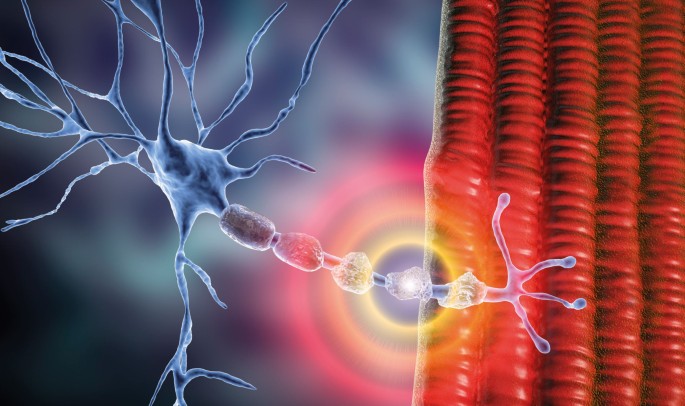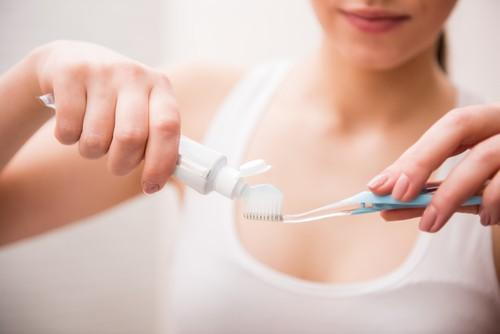How Does Multiple Sclerosis Affect Dental Care?
Mar 08, 2023 By Marie White
Both the routine dental care you provide yourself and the dental treatment provided by experts may be impacted by multiple sclerosis.
Dental Hygiene Challenges
Proper oral hygiene may be challenging for multiple sclerosis (MS) patients. Multiple sclerosis may be the cause of the following:
- Tremors that make gripping a toothbrush and brushing one's teeth a difficult task.
- A weaker grasp makes it difficult to grasp things like a toothbrush.
- That tiredness, which may make ordinary activities seem insurmountable, face aches and numbness that make it difficult to maintain good oral hygiene by brushing and flossing daily
- Depression and other mood changes might have an impact on an individual's motivation
Medication Challenges
Also, persons with multiple sclerosis are often offered drugs that may induce dry mouth and sugary dietary supplements that can contribute to plaque accumulation. Both of these side effects are associated with the medications. Certain prescription drugs and over-the-counter remedies, such as tooth decay and gum disease, might have unintended consequences. When you're already dealing with the other symptoms of multiple sclerosis, it may be challenging to keep these side effects under control as well.
Dental Care Challenges
Multiple sclerosis patients may have more difficulty at the dentist than the general population. Certain dental professionals are not used to working with multiple sclerosis patients. Most of the time, their workplaces are not designed to accommodate persons with multiple sclerosis. For example, their dental chairs may be difficult to reach or uncomfortable sitting in for extended periods. Additional typical difficulties that arise when it comes to dental treatment for persons with multiple sclerosis include the following:
- An incapacity to hold one's head motionless and in the appropriate posture for a dental examination.
- Problems with breathing that make it difficult to take full breaths when completely reclining in a dental chair
- Because of the numbness and discomfort associated with dental problems, it may not be easy to keep the mouth open without help.
What Kind Of Impact Does Multiple Sclerosis Have On The Extraction Process?
Going to the dentist consistently might be difficult for persons with multiple sclerosis—visits to the dentist for operations like extractions might add to the difficulty of the situation. Tooth extractions demand more time at the dentist's office and might make routine dental procedures more uncomfortable and challenging. The patient, the intensity of their symptoms, and the number of extractions required all play a role in determining the specific obstacles and modifications that must be made. While treating a patient who has multiple sclerosis, a dentist will often take the following steps:

- Taking pauses from the process every five to ten minutes to guarantee the patient's comfort
- Using mouth support, so the patient does not have to exert their effort to keep their lips open on their own
- The use of specific cushions or padding on the dental chair
- Liaising with the patient's primary care physician on the appropriate dosage of any medications to be taken on the day of the procedure
Multiple sclerosis may, over time, cause the gums to become more fragile. A dentist may suggest getting dental implants as a remedy to this problem if your gums are unhealthy and multiple sclerosis has made maintaining good oral health difficult for you.
Dental implants are a more permanent solution than dentures, so they are often considered preferable for patients with multiple sclerosis. Before moving forward with tooth extraction, you should seek your primary care physician's and dentist's counsel. An extraction technique may be adapted to the patient to satisfy the specific requirements of a dentist.
What Kinds Of Resources Are There That May Assist In Resolving Issues About Dental Care?

Home dental care may be simplified with the assistance of certain implements that are available for purchase. These are the following:
- Toothbrushes with electric motors. Using an electric toothbrush may assist in making cleaning your teeth more manageable and less taxing on the gums and muscles in your mouth.
- Toothbrushes with either a wide head or a long handle. Toothbrushes that have handles that are both broad and lengthy are simpler to manage and grasp.
- Flossers made of plastic. If you find it difficult to work with traditional floss, a flosser with a plastic handle may greatly assist you.
- A Waterpik. The space between your teeth may be cleaned more effectively with a Waterpik, which is more convenient than flossing.
- A glove with added weight. As you brush, it may be helpful to wear a weighted glove to prevent your hand from trembling.
- Seats in the restroom you may consider putting stools or seats in your bathroom so that you have somewhere to sit while you wash your teeth.








